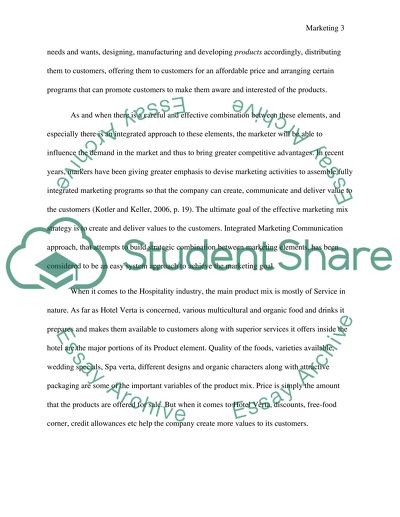Cite this document
(“Marketing in the 21st Century Essay Example | Topics and Well Written Essays - 2500 words”, n.d.)
Retrieved de https://studentshare.org/marketing/1390952-marketing-in-the
Retrieved de https://studentshare.org/marketing/1390952-marketing-in-the
(Marketing in the 21st Century Essay Example | Topics and Well Written Essays - 2500 Words)
https://studentshare.org/marketing/1390952-marketing-in-the.
https://studentshare.org/marketing/1390952-marketing-in-the.
“Marketing in the 21st Century Essay Example | Topics and Well Written Essays - 2500 Words”, n.d. https://studentshare.org/marketing/1390952-marketing-in-the.


